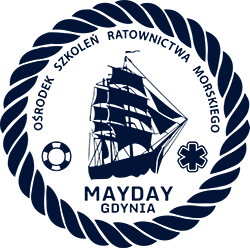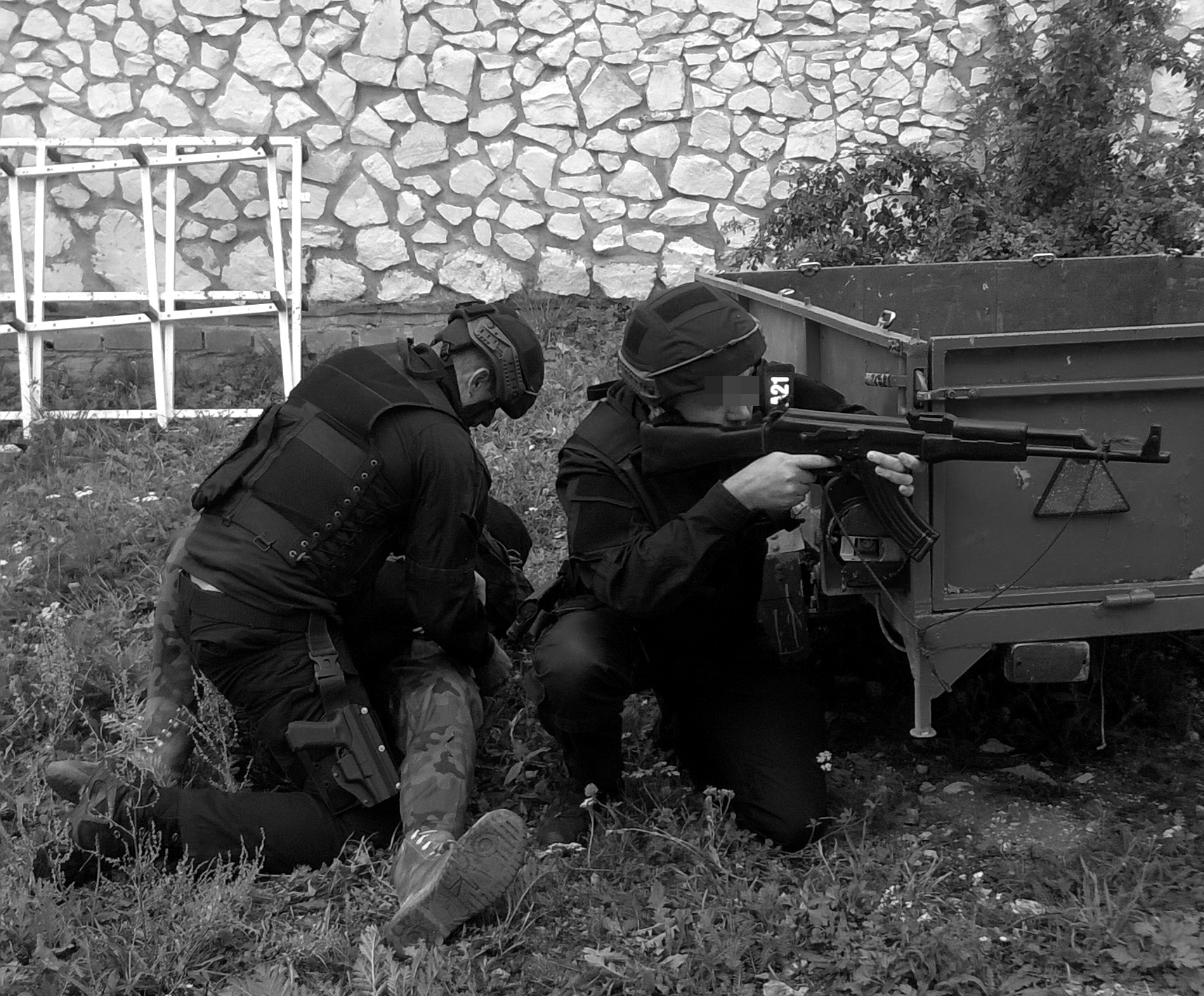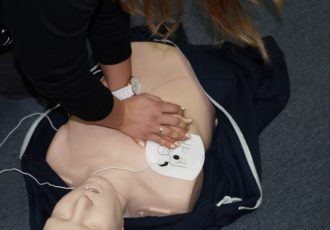Description
The training is dedicated to all persons who may be exposed to firearms or other dangerous tool.
Course knowledge is based on the latest guidelines of the European ERC Resuscitation Council and TCCC tactical rescue.
The training takes place through active demonstrations Medical services so that each of the students after gaining knowledge and training the rescue procedures, faced their own medical task.
This training is especially dedicated to:
Anyone who wears firearms or may be exposed to it.
Training plan:
FIRST AID
1. First aid legal aspects
2. A reminder of human anatomy and proper assessment of the physiological condition
the victim.
3. Safety rules at the scene, discussion of environmental hazards and theirs
impact on the occurrence of an injury or life threat.
4. A first aid kit - equipment.
5. Loss of consciousness, fainting, fainting
6. Cardiopulmonary resuscitation with Automatic AED Defibrillator; Dorosły / Child
7. First aid in injuries with the use of medical and improvised equipment:
- - wounds and methods of supplying with the place and character of the performance
- - breaking, sprains, dislocations, spinal injuries
- - foreign body
- - Burns
- Hypothermia
- - frostbite
8. First aid in sudden cases including :
- - sensitization, insect bites - Anaphylaxis
- - heat stroke, thermal overheating
- - asthma
- - acute coronary syndromes
- - stroke
- - epilepsy - epilepsy
TACTICAL MEDICINE
- Quick tactical examination of the victim after a shot. TPA
- Tampering life-threatening hemorrhages with the use of tactical stasis, medical dressings
- as well as improvised methods.
- Skills to identify dysfunctions and respiratory delivery
- Ability to recognize and supply chest injuries.
- Evacuation from the place of event 1-1, 2-1, 3-1
- Transporting the victim with the help of medical, tactical and improvised equipment.


